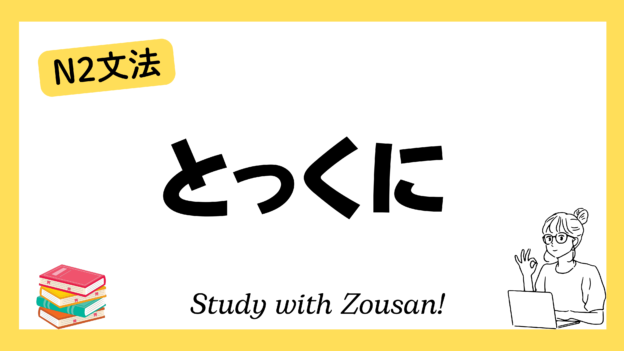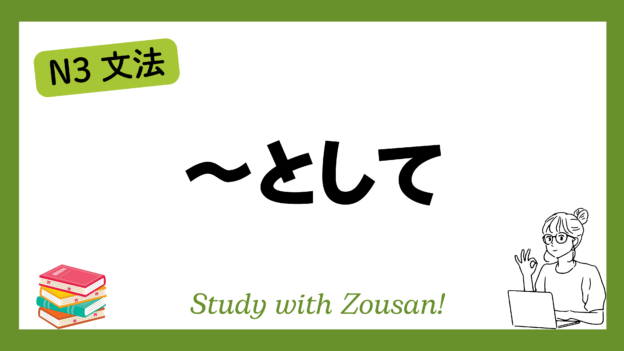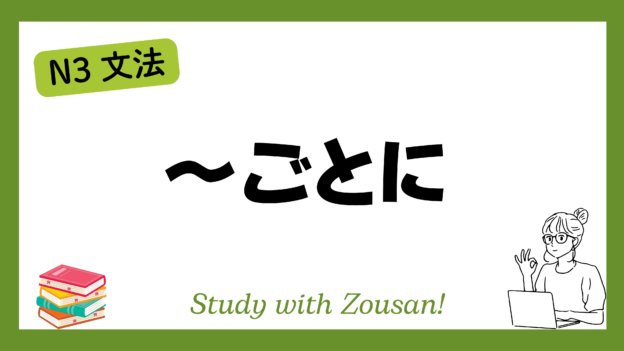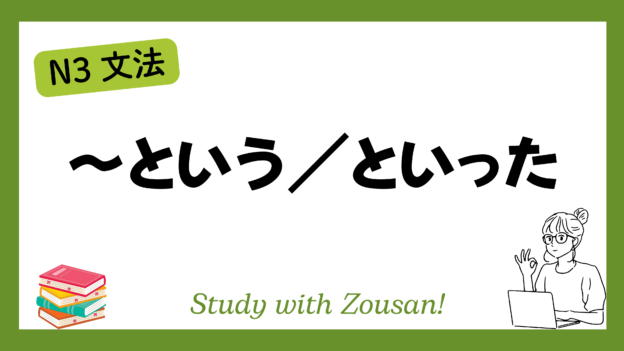N2文法:とっくに
Meaning: “Long ago…” / “A long time ago…” / “Already…”
とっくに is used to express that an action or event happened a long time ago, well before the present time. It emphasizes that time has long passed, and the action should have already been completed or occurred earlier.
※Note:
・とっくに is commonly used in spoken language, carries an informal tone, and often pairs with verbs indicating completed actions or states that occurred long ago.
・It is often used to indicate that something should have happened earlier, possibly expressing surprise or blame.
Structure:
| とっくに + Verb |
Example:
-
-
-
🌟 彼はとっくに帰ったよ。
(かれ は とっくに かえった よ)
He went home long ago. -
🌟 その仕事はとっくに終わっているはずだ。
(その しごと は とっくに おわって いる はず だ)
That work should have been finished a long time ago. -
🌟 とっくに知っていると思った。
(とっくに しって いる と おもった)
I thought you already knew. -
🌟 電車はとっくに出発した。
(でんしゃ は とっくに しゅっぱつ した)
The train already departed long ago. -
🌟 とっくに寝る時間だよ。
(とっくに ねる じかん だ よ)
It’s long past bedtime. -
🌟 その噂はとっくに聞いたよ。
(その うわさ は とっくに きいた よ)
I heard that rumor a long time ago. -
🌟 彼の言い訳はとっくに聞き飽きた。
(かれ の いいわけ は とっくに ききあきた)
I got tired of his excuses a long time ago. -
🌟 とっくに忘れたよ。
(とっくに わすれた よ)
I forgot about it a long time ago. -
🌟 その映画はとっくに見た。
(その えいが は とっくに みた)
I watched that movie a long time ago. -
🌟 彼女はとっくに到着しているはずだ。
(かのじょ は とっくに とうちゃく している はず だ)
She should have arrived a long time ago.
-
-









